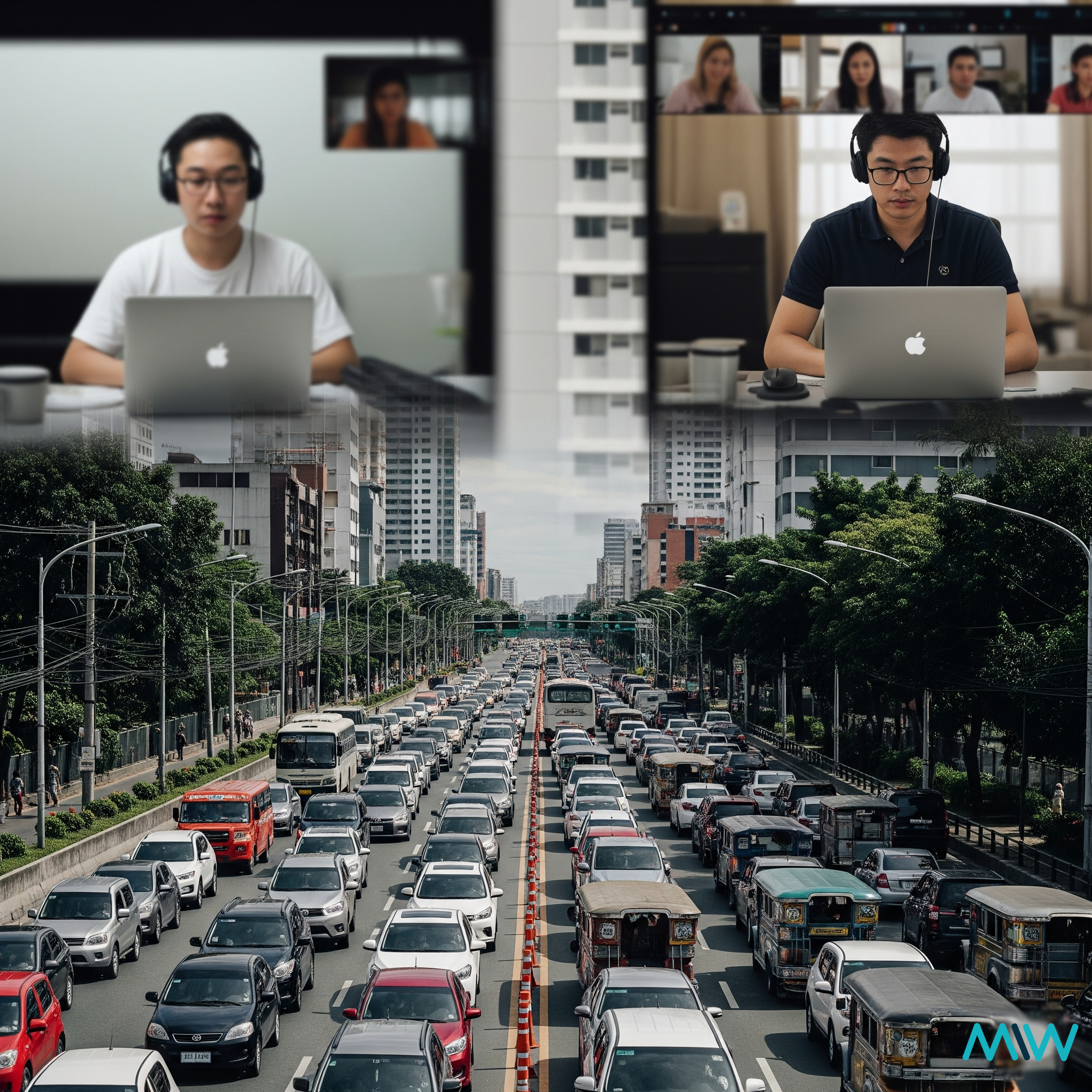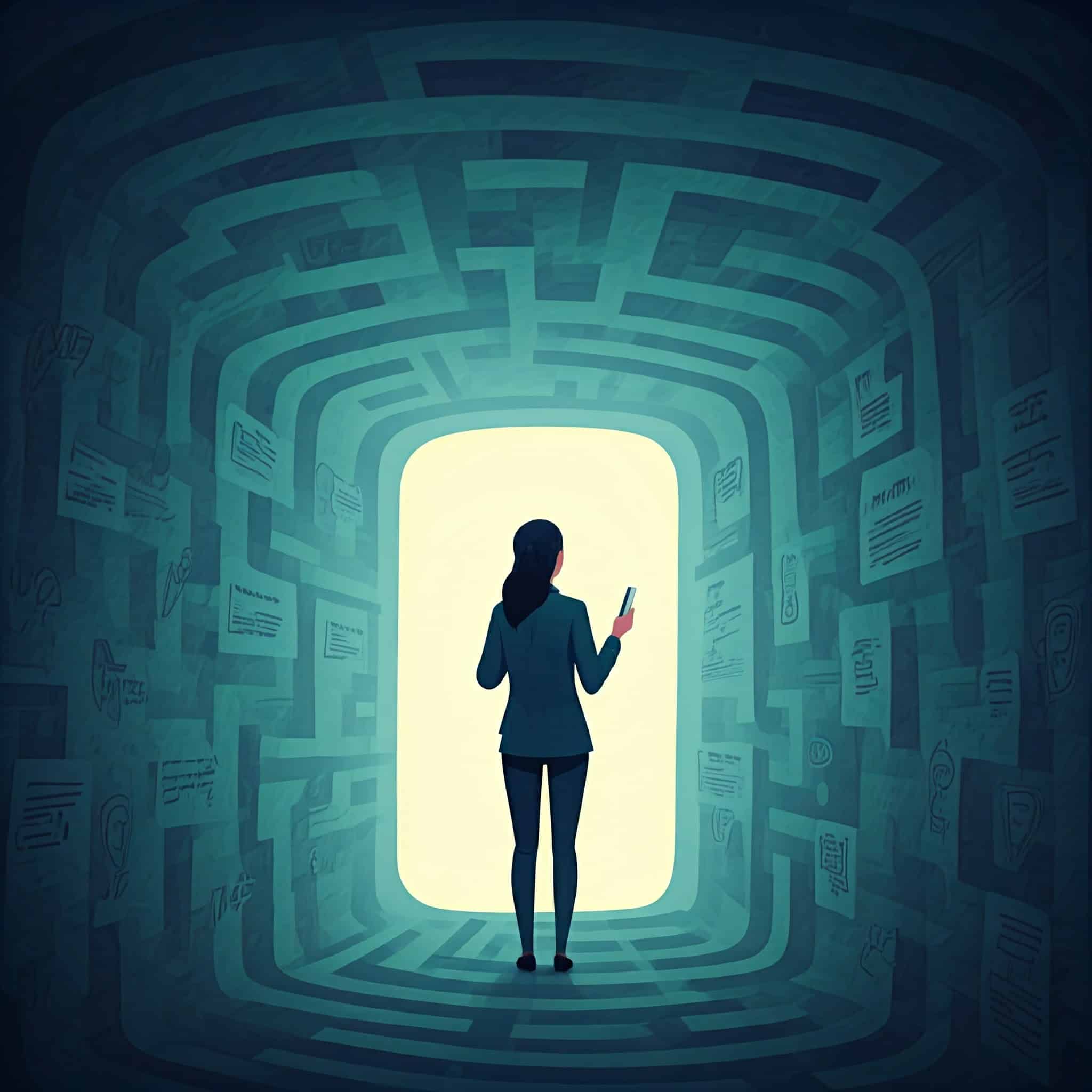“With technological advances placing a premium on interactions and relationships, the skills that make us human are increasingly important to master.” – Grant, Adam (2023). Hidden Potential: The Science of Achieving Greater Things.
In an era defined by rapid technological advancement, the lines between human and machine are increasingly blurred. Computers and robots, once confined to the realm of science fiction, now perform complex tasks previously thought to be the exclusive domain of human intellect. From building cars and flying planes to diagnosing cancer and even representing defendants in court, the cognitive prowess of machines is undeniable. However, as Adam Grant astutely observes in “Hidden Potential,” while cognitive skills may differentiate us from animals, it is our character skills that truly elevate us above machines.
The ongoing automation of cognitive tasks has precipitated what Grant terms a “character revolution.” As technology assumes more and more of the intellectual burden, the value of uniquely human attributes—interactions and relationships—skyrockets. In a world where machines can process data with unparalleled speed and accuracy, the ability to empathize, collaborate, and communicate effectively becomes paramount.
This shift underscores a fundamental truth: while machines excel at processing information, they lack the nuanced understanding of human emotion and social dynamics. Character skills, such as resilience, integrity, and compassion, are not merely desirable traits; they are essential for navigating the complexities of modern life. In a technologically driven world, it is these human qualities that foster trust, build meaningful connections, and drive innovation.
The character revolution is not about rejecting technology; it’s about recognizing the irreplaceable value of human connection. As we continue to push the boundaries of artificial intelligence, we must also invest in nurturing the character skills that make us uniquely human. By doing so, we ensure that technology serves to enhance, rather than diminish, our humanity.
Related:




